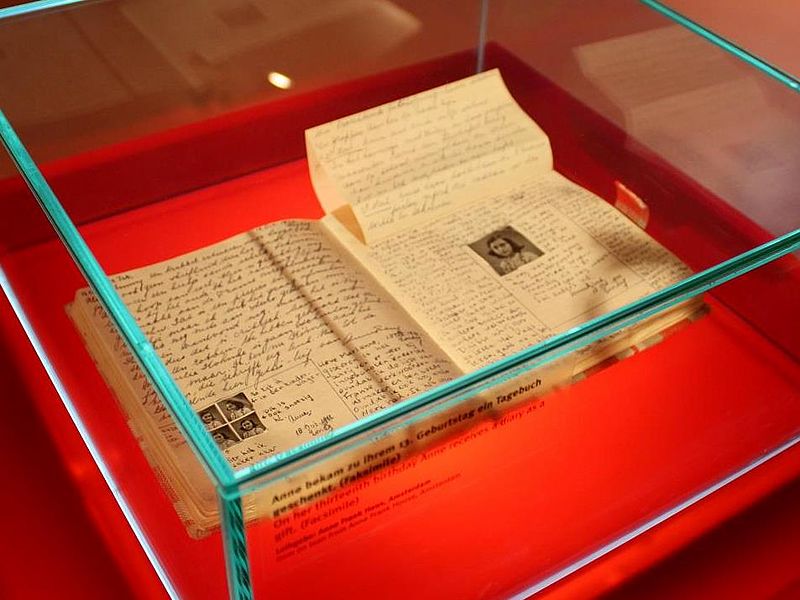Landschlacht, Switzerland, 2 January 2017
“You must be the change you wish to see in the world.“(Mahatma Gandhi)(1869 – 1948)

“Whatever you can do or dream, you can begin it. Boldness has genius, power and magic in it. Begin it now.” (Johann Wolfgang von Goethe)(1749 – 1832)

“The best way to predict the future is to invent it.”(Alan Kay)
These are the sorts of affirmations one reads at the start of every New Year as the beginning of the Common Era calendar year is traditionally a time for looking forward, when we resolve to make a fresh start, do better, try harder, live up to expectations, but too often these resolutions evaporate by the time we have cleared up the remains of the day.

And nothing seems to change in the world around us.

The same old problems – war, famine, injustice, torture, poverty, disease – are reported in the news day after day after day.
What´s the point of making New Year´s Resolutions?

Why try to lose those extra pounds or give up bad habits?
So instead we watch the world go by, wracked by guilt and paralysed by indecision and doubt.
Everyone has their own ideas about what´s wrong with the world, but we all agree that things could be better than they are and that something really does need to be done.
But then what?
Do we just leave it to governments and international institutions?

Or is there power within each one of us to make a difference?
The issues that confront us are so huge, so complicated, so difficult to deal with that it is hard to believe that anything that we can do will have a meaningful impact.
But there are a lot of us, billions of us.
Imagine a lot of people doing a lot of little things…
Could have a large impact…
By doing something, we can demonstrate that lots of people really do care.
“The journey of a thousand miles begins with a single step.“(Confucius)(551 – 470 BCE)

Taking the first step is important.
Once you´ve got started, everything seems to feel easier.
Whatever it is you want to do, the first thing you need is a plan of action.
Set targets for what you want to achieve.
Be ambitious…
But make sure your plan is achievable.
Regularly review your progress, to know whether you achieved your goals, to learn from your experience, to plan what to do next.
For many people, this record is like a reproach, a perpetual reminder of our lack of discipline, our inability to apply ourselves, a weakness of resolve.
Sometimes resolutions remain quietly within, unspoken, unshared, for fear of failure, for fear of censure or ridicule.
London, England, 1 January 1660
Sam had a secret.
And for a century after his death his secret remained hidden.
On this day, Samuel Pepys (1633 – 1703) began a diary.

For nine years and five months, Samuel Pepys kept his diary, and only stopped keeping it when poor eyesight forced him to desist.
In some ways, Pepys was an ordinary man chronicling the everyday of a humdrum life.
During his life Pepys was known for being an administrator, a hard worker yet bon vivant in the King´s Naval Office.
Pepys was recognised for his intelligence and for being the owner of a remarkable library, but during his lifetime he would never become famous.
The first real diarist, Samuel Pepys did not patent the diary but he was the first to develop the diary into an art form of and in itself.
Sam did not keep a diary in the hopes of attaining fame through it, but kept his diary private and for his own enjoyment.
Within its pages Sam recorded the journeys of his soul, planned for his future, confessed the sins of his flesh, not to lecture the world after his demise, but rather to not only record his life but to create his life in a world wherein he could fully live.
Life, unvarnished and uncensored, is what makes Pepys´s diary both a delight for the reader as well as for Pepys himself.
Granted Pepys lived in remarkable times in a remarkable city.
His diary would bear witness to the Restoration (the monarchy returned after Oliver Cromwell had died), war with the Netherlands, the Great Plague and the Great Fire of London.

Above: King Charles II (1630 – 1685), the first monarch to rule England after the Restoration

Above: The Dutch raid on the Medway, June 1667


Above: The Great Fire of London, 4 September 1666
Sam served as an excellent eyewitness to history, but yet it is his record of his personal life, his socialising and amorous entanglements, his leisure and his work, all expressed in frankness, high spirits and sharp observation that make his Diary endure the test of time and remain one of the classics of literature.
The Scottish poet William Soutar (1898 – 1943), bedridden by disease and trapped in a small room with only a diary as a constant companion, wrote just a month before he died:
“The true diary is one, therefore, in which the diarist is, in the main, communing with himself, conversing openly and without pose, so that trifles will not be absent, nor the intimate and little confessions and resolutions which, if voiced at all, must be voiced in such a private confessional as this.”
“A diary tempts us to betray our fellows…becoming an alter ego sharing with us the denigrations which we would be ashamed of voicing aloud…an assassin´s cloak which we wear when we stab a comrade in the back with a pen…”
But all this contributes to the mosaic of Life.
When we express how we really feel and analyse those feelings for their validity…
When we dare to dream, without fear of embarrassment or criticism…
When we find the courage to resolve to change our world and record our progress and no matter how successful or not, try again, fail again, fail better…
When we record who we are, if only for ourselves, then we begin to discover the much underestimated power of one, as we invent ourselves and our future.
Sources: Wikipedia / Michael Norton, 365 Ways to Change the World/ Irene and Alan Taylor, The Assassin´s Cloak: An Anthology of the World´s Greatest Diarists/ Samuel Pepys, The Diary

Above: The original diary of Anne Frank (1929 – 1945) on display
